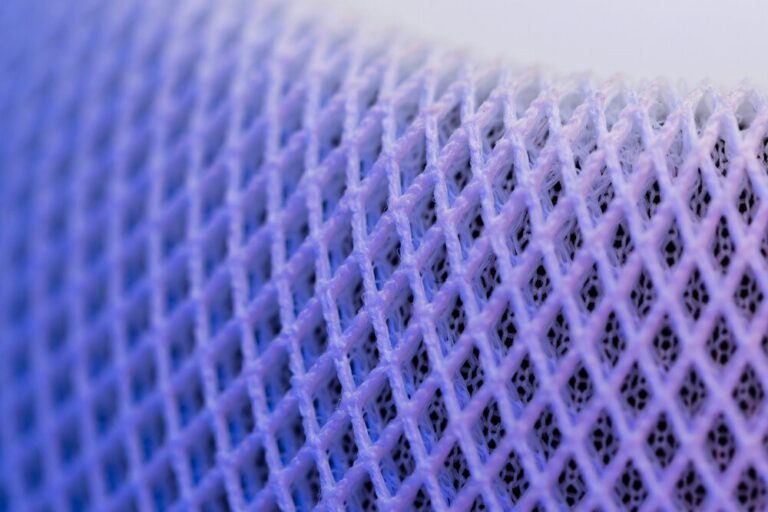The ability to isolate, study and sequence DNA base pairs – the individual molecules that make up DNA – would allow scientists to tailor diagnostic testing, therapies and treatment based on a person’s individual genetic makeup. Isolating these DNA pairs is, however, incredibly expensive and difficult to control. Now scientists at Yale University, United States, have shown that isolating individual charged particles, such as DNA molecules, is possible using a method called “Paul trapping”. This process uses oscillating electrical fields to confine the particles to a space only nanometers in size. The device developed by the Yale scientists is simple and inexpensive to manufacture, and can be contained on a single chip. According to Weihua Guan, a engineering graduate student, “The idea would be that doctors could take a tiny drop of blood from patients and be able to run diagnostic tests on it right there in their office, instead of sending it away to a lab where testing can take days and is expensive.” This “lab-on-a-chip” would have a wide range of applications beyond diagnostics, said Guan, such as being able to analyze how individual cells respond to different stimulation. The team hopes to have a three-dimensional trap using DNA molecules working in the next year or two. “This is the future of personalized medicine,” Guan said.
http://opac.yale.edu/news/article.aspx?id=8576




